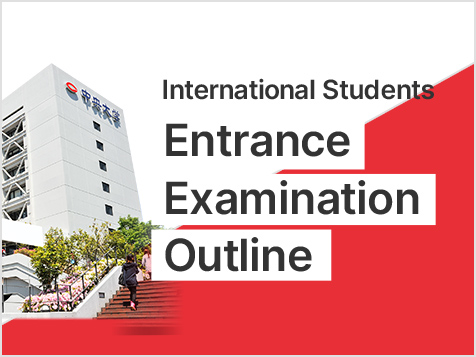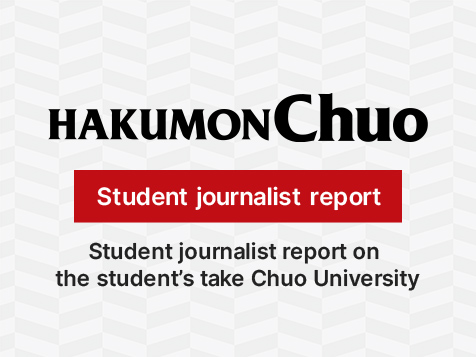Comparative Law Culture Project
Purpose of the Project
Recently, establishment of legal fundamentals is important along with the acceleration of globalization of economy. However, as traditional legal system is composed of national law, there is a structural limit to deal with global events. Given that, specific areas of law, especially in the area of business law, have been separately dealt with; however, there seems to be a tendency to place superiority on a specific existing legal system and to deny the diversity of legal cultures (for example, “Reference: Excessive Extraterritorial Application of Competition Law” (“2013 Unfair Trading Report” of Ministry of Economy, Trade and Industry, page 479) pointed out that “the policy of the United States to attempt to apply antitrust acts extraterritorially based on “exporter’s benefit” in contradiction to the situation of the domestic market of the counterparty country exceeds the acceptable scope under the international law”). Especially, whereas Asia-Pacific region is one of the biggest economic development sectors, it involves different legal cultures and traditions in a multi-layered way, and involves various destabilizing political factors. Therefore, on one hand, an approach has been often taken to accept intervention of legal system of so-called “large country” having dominating economic power, such as extraterritorial application of laws of the United States, and to obtain short-term economic benefit by following such legal system.
However, such approach also contains risks to facilitate disorders due to differences in legal cultures, and as a result could cause disruption of legal system of the world; for this reason, another approach has been explored. Not only the visible issues such as admissibility of costumes under Islam and Sikh at public places, extraterritorial application of antimonopoly law, election of governing law and jurisdiction / arbitration system for individual contract, etc., there are also invisible issues such as that concept from modern civil law perspective of legal subject or rights and obligations is not understood on the underlying cultural level. It is an urgent issue to comprehensively analyze diversity of legal systems in the region, and to research and reflect into practice the way to allow the diversity to co-exist in a coordinated manner and to achieve convergence thereof based on the existence of such diversity, not by “forcing” any one of the legal systems as having superiority, or not by taking isolationism approach ignoring the multi-culture and other legal systems consisting of domestic law of each country. For example, concurrent existence of religious marriage and non-religious marriage, transmission of dispute resolution from court of sovereign state to international commercial arbitration, etc. are some of the ways of convergence from the perspective of this research; however, because research has been made separately on each specific area, it is now difficult to have a broader view, taking into consideration the overall global society, over the issues and steps to be taken (for example, refer to the notes made by Chief Justice Menon of Singapore Supreme Court in his speech “Doing Business Across Asia: Legal Convergence in an Asian Century" (http://www.supremecourt.gov.sg/news/speeches) on January 27, 2016).
In this Project, we perform the research as an international joint research from three aspects in association with leading researchers in the region, including the positive laws as well as situation of religion, culture, language, political structure, economic resources, new science technology, etc. that exists behind or underlies such positive laws. First step is a research to investigate and understand the diversity of legal systems. This will be performed mainly through association with researchers in each country. Second step is the establishment of “Comparative Law Database” as the basis to undertake visual comparison and review of such diversity. Third step is a research of method of convergence itself based on the first and the second steps above. From these three researches, the purpose of this Project is to ensure the coordinated and stable rule of law in Asia-Pacific region; in other words, to establish a foundation from which a method can be found where, in cross-border legal negotiation, all parties obtain benefit without fundamentally destroying diverse legal system and legal culture of each country or jurisdiction. Although this Project involves three steps as stated above, as law relates to all aspect of society, we consider it is appropriate in order to review the diversity of law concretely that, in addition to overall review, we set certain specific areas to be reviewed in advance and spread the result thereof to other specific areas. For this reason, in this Project, we will deal with three specific areas in which practical needs are currently extremely high; namely, (a) international contract (international transaction), (b) data privacy, and (c) dispute resolution. Also, because it is one of the characteristics of the diversity of legal systems in Asia-Pacific region that European civil law and English law, the two major legal systems, were succeeded and mixed with its traditional culture, Japan, South Korea and Thailand which belong to civil law system, and Hong Kong, Australia and Singapore which belong to English law system will be dealt with.
Our university has long tradition and history in legal research since it was established as Igirisu Houritsu Gakko (English Law School), and has the strong knowledge and platform to perform legal research based on the spirit of practical learning focusing more on specific demonstration than abstract system, as shown in the spirit of establishment of the school, “developing basis of application into practice”. Our university actively deploys researches through six faculties, eight graduate programs, three Professional Graduate Schools and nine research institutions, as well as Research and Development Initiative (whose main duty is the cooperation among government, industry and academia), Research Promotion Office (a department to promote and support research), and Research Support Office supporting the above, and has put in place the system to support the research. It is possible to undertake this Project by utilizing the above cooperative framework from the stage of research to the stage of social utilization of the outcomes.









